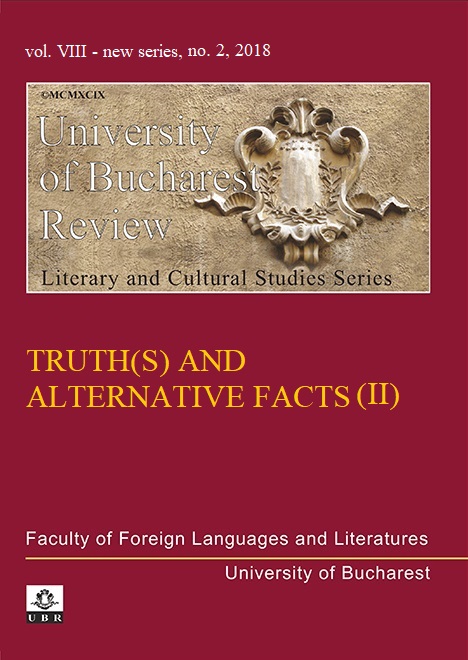SOCIAL SYMPATHY AND THE FICTION OF MORAL
TRUTH: ADAM SMITH’S IMPARTIAL SPECTATOR
THEORY1
SOCIAL SYMPATHY AND THE FICTION OF MORAL
TRUTH: ADAM SMITH’S IMPARTIAL SPECTATOR
THEORY1
Author(s): Dragoş IvanaSubject(s): Philology
Published by: Editura Universităţii din Bucureşti
Keywords: moral sentiment; sympathy; imagination; theatricality; the impartial spectator;
Summary/Abstract: The present paper discusses Adam Smith’s theory of the impartial spectator from an epistemological point of view. Inextricably lined to the concept of ‘sympathy’,as theorised in The Theory of Moral Sentiments (1759), the impartial spectator takes centre stage in a world in which the gaze of others accounts for appropriate or inappropriate feelings and actions. Eager to pass judgement on my own adequate or inadequate conduct, I have to check whether my own judgement is influenced by the views of others in order not to fall prey to my own feelings of self-love or self-interest.Inspired by both David Hume’s and Francis Hutcheson’s moral philosophy and,particularly, debates on the mechanism of sympathy stemming from disinterested benevolence, Smith’s spectator places himself in a theatrical situation, in which he is not a simple onlooker, but an inquisitive entity that makes use of the practice of the imagination in order to understand others’ feelings in the public sphere. Deemed as a personification of our conscience, the allegedly impartial spectator is employed by Smith in order to emphasise sympathy as a universal fellow-feeling which can contribute to the development of what Hume calls “the Science of Man” (Hume,“Treatise” x).
Journal: University of Bucharest Review. Literary and Cultural Studies Series
- Issue Year: VIII/2018
- Issue No: 2
- Page Range: 79-87
- Page Count: 9
- Language: English

